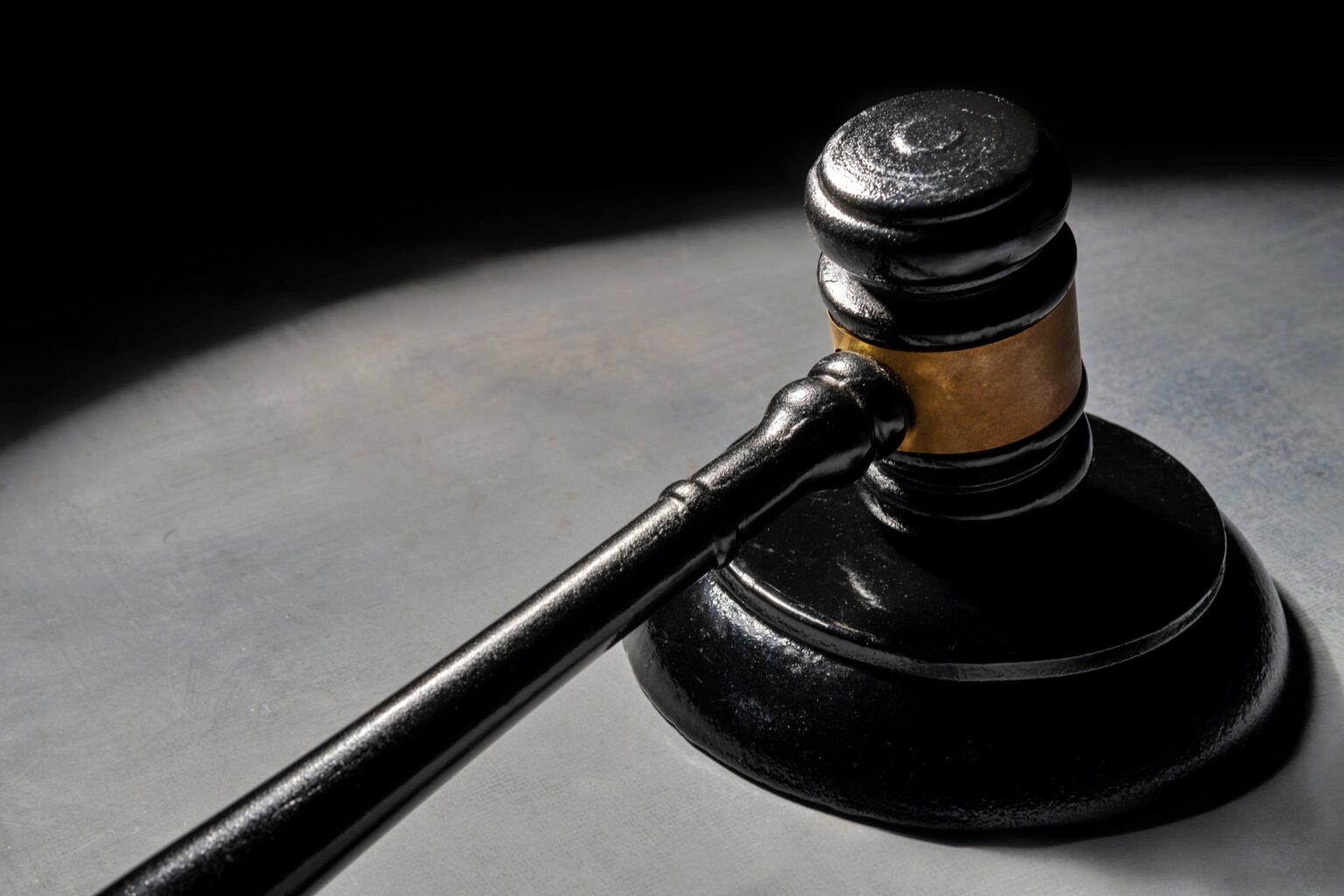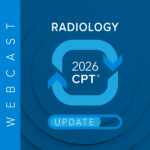A peachick has hatched!
My daughter Madison loves the little peachick. He or she is thriving, and has imprinted on Madison. Follows her everywhere.
Speaking of thriving, Mark Sorenson is also thriving. On April 14, the United States Court of Appeals for the Seventh Circuit issued a landmark ruling in United States v. Mark Sorenson, reversing his convictions under the federal Anti‑Kickback Statute (AKS), 42 U.S.C. § 1320a‑7b(b).
Sorenson had been convicted on one conspiracy count and three substantive counts for allegedly offering and paying kickbacks in connection with marketing and dispensing orthopedic braces to Medicare beneficiaries.
Mark Sorenson was the owner of SyMed Inc., a Medicare‑registered durable medical equipment (DME) distributor. In 2015, he entered into a business arrangement with several marketing companies. The defendants collaborated to advertise orthopedic braces to Medicare‑eligible patients, gather patient information via online forms, generate unsigned but prefilled prescription orders, and submit them to physicians. With patient consent, sales agents sent these forms for physician signature.
When doctors signed the forms, which occurred only about 20 percent of the time, a company called PakMed shipped the braces, a company called Dynamic billed Medicare, and a company called SyMed collected reimbursement, paying 79 percent of receipts to PakMed and retaining 21 percent, a share that funded marketing and billing services.
Sorenson was indicted and tried in the Northern District of Illinois. The prosecution claimed that his payments, particularly to Parkmed and a second company, Byte, were kickbacks designed to induce referrals of Medicare patients, in violation of the AKS. The jury convicted him on all four counts. Sorenson’s Rule 29 motions for acquittal and for a new trial were denied. He received a 42‑month sentence, but was released pending appeal.
The Seventh Circuit reversed the District Court’s decision, concluding that the evidence was insufficient to show Sorenson acted with intent to circumvent the AKS.
The AKS criminalizes “knowing and willful” payments made to induce referrals for services reimbursed by federal healthcare programs. The hallmark of such violations is when a payee holds informal influence over healthcare decisions. Sorenson’s marketing partners did not occupy such roles.
The court distinguished between ordinary advertising expenditures and suspect personal referrals. Drawing on U.S. Supreme Court and Fifth Circuit precedent (notably United States v. Miles and United States v. Marchetti), the court emphasized that payments for broad advertising services, as opposed to individualized efforts to steer physicians or patients, fall outside AKS’s scope.
Central to the decision was that physicians independently decided whether to sign the preprinted forms; most did not. This undercut any inference that marketing firms were effectively controlling medical orders or influencing prescribing behavior.
The court declined to extend AKS liability to payments made exclusively to advertisers or manufacturers without evidence of exerting improper influence over healthcare decisions. It underscored that none of Sorenson’s payees “leveraged informal power and influence” over physicians.
By focusing on the absence of evidence tying Sorenson’s payments to physician influence – instead linking them to advertising, manufacturing, and shipping – the court concluded there was no violation of the Anti‑Kickback Statute.
United States v. Sorenson is pivotal in clarifying AKS boundaries. It marks a significant distinction between compensating marketing activities and unlawful inducement of patient referrals. The ruling provides clarity for healthcare entities seeking to engage in legitimate marketing strategies without triggering criminal liability.
However, the court also reinforced a cautionary note: not all marketing models are safe. Fee arrangements tied directly to physician approval, especially when intermediary influence could skew physician judgment, may still trigger statutory violations.
The Seventh Circuit’s April 14, 2025, ruling in United States v. Mark Sorenson marks a turning point in Anti‑Kickback Statute jurisprudence. By reversing a high‑profile criminal conviction, the court affirmed important guardrails for healthcare marketers and distributors, emphasizing that lawful advertising remains protected, even when intertwined with Medicare‑covered medical devices.
While the AKS continues to bar payments made to induce referrals, Sorenson carves out clear space for permissible marketing efforts predicated on independent physician decision‑making.











